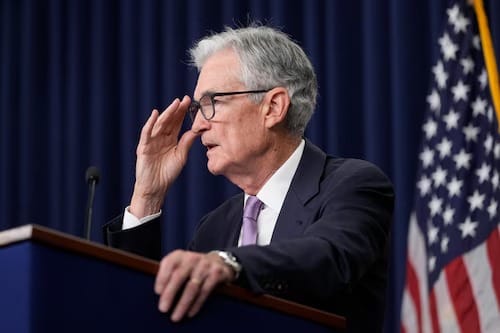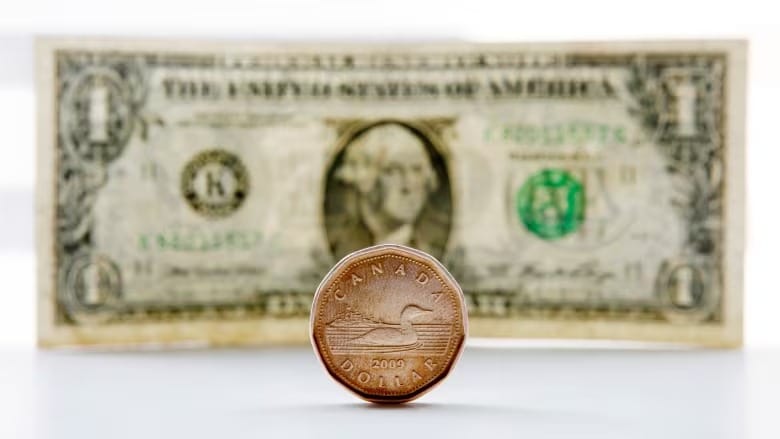U.S. Federal Reserve set to cut interest rates again as post-election uncertainty grows
U.S. Federal Reserve officials are poised Thursday to reduce their key interest rate for a second straight time, responding to a steady slowdown of the inflation pressures that exasperated many Americans and contributed to Donald Trump’s presidential election victory.

The U.S. Federal Reserve is expected to lower its key interest rate for the second time in a row, addressing persistent inflation pressures that have caused frustration for many Americans and played a role in Donald Trump’s recent presidential victory. However, with Trump’s economic policies potentially boosting inflation, the Fed's future decisions have become more uncertain. Additionally, Trump has signaled interest in influencing the Fed’s rate-setting process, raising concerns about political interference in the historically independent institution.
The Fed, which has traditionally operated without political pressure, has faced criticism from Trump during his prior presidency, especially when Chair Jerome Powell raised rates to control inflation. As Trump takes office again, similar clashes could emerge.
Current economic signals present a mixed outlook: growth remains solid, but job creation is slowing. Consumer spending, however, has stayed robust, raising questions about whether additional rate cuts could overstimulate the economy and reignite inflation. This uncertainty is further complicated by financial markets, where investors have significantly increased Treasury yields since the Fed’s September rate cut. Consequently, borrowing costs, including mortgage rates, have risen, partially offsetting the benefits of the Fed’s recent actions.
Investors’ concerns about potential inflation, increased federal deficits, and economic growth under Trump's administration have led to a rise in broader interest rates and fueled a stock market surge, with the dollar and cryptocurrency prices also jumping in what some on Wall Street are calling the “Trump trade.” Proposals from Trump, including a 10% tariff on imports and stricter taxes on Chinese goods, would likely drive inflation higher, reducing the Fed’s likelihood of continuing rate cuts. In September, inflation reached 2.1%, and economists project Trump’s policies could push it to around 2.75% to 3% by mid-2026.
If inflation rises as predicted, the Fed’s previous plans for further rate cuts could be disrupted. During their September meeting, Fed policymakers lowered the benchmark rate by a substantial half-point to roughly 4.9% and signaled intentions for gradual rate reductions into 2025. But the likelihood of additional cuts is now seen as diminishing, with futures prices indicating a lowered probability of a rate cut in early 2025.
Despite the Fed’s intention to ease borrowing, rising rates for loans like mortgages and car financing present a potential hurdle: while the Fed is lowering its key rate, market conditions may neutralize its efforts to stimulate the economy. The economy has recently grown at an annualized rate of nearly 3%, with consumer spending strong, particularly among high-income groups, though companies have slowed hiring. Powell has cited job market support as part of the Fed’s rate strategy. However, if growth remains robust and inflation ticks upward, the Fed may face increased pressure to halt its rate cuts.





